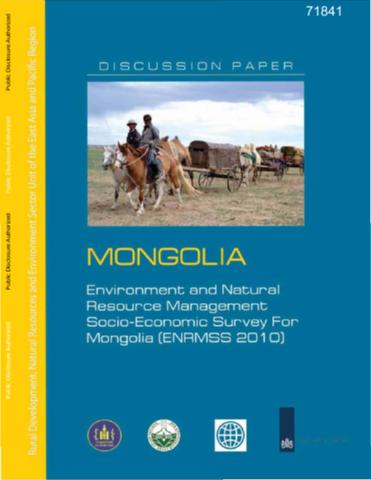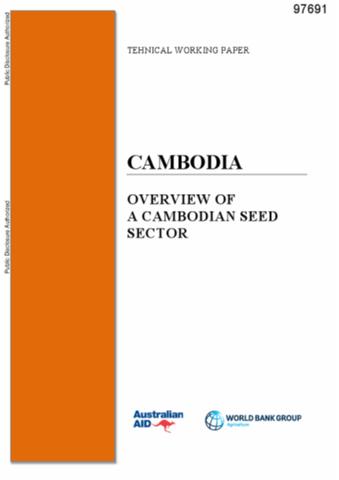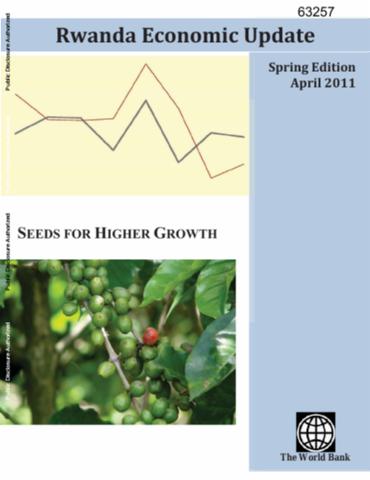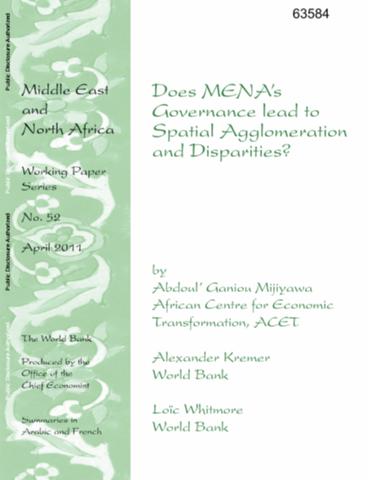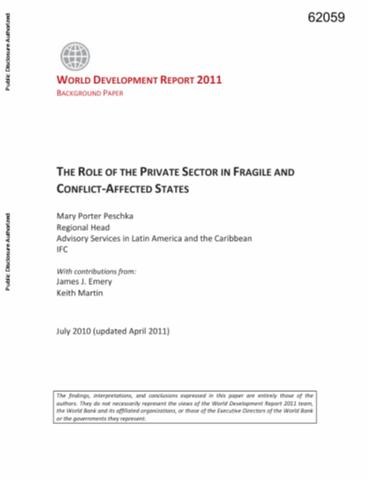The World Bank is a vital source of financial and technical assistance to developing countries around the world. We are not a bank in the ordinary sense but a unique partnership to reduce poverty and support development. The World Bank Group has two ambitious goals: End extreme poverty within a generation and boost shared prosperity.
- To end extreme poverty, the Bank's goal is to decrease the percentage of people living on less than $1.25 a day to no more than 3% by 2030.
- To promote shared prosperity, the goal is to promote income growth of the bottom 40% of the population in each country.
The World Bank Group comprises five institutions managed by their member countries.
The World Bank Group and Land: Working to protect the rights of existing land users and to help secure benefits for smallholder farmers
The World Bank (IBRD and IDA) interacts primarily with governments to increase agricultural productivity, strengthen land tenure policies and improve land governance. More than 90% of the World Bank’s agriculture portfolio focuses on the productivity and access to markets by small holder farmers. Ten percent of our projects focus on the governance of land tenure.
Similarly, investments by the International Finance Corporation (IFC), the World Bank Group’s private sector arm, including those in larger scale enterprises, overwhelmingly support smallholder farmers through improved access to finance, inputs and markets, and as direct suppliers. IFC invests in environmentally and socially sustainable private enterprises in all parts of the value chain (inputs such as irrigation and fertilizers, primary production, processing, transport and storage, traders, and risk management facilities including weather/crop insurance, warehouse financing, etc
For more information, visit the World Bank Group and land and food security (https://www.worldbank.org/en/topic/agriculture/brief/land-and-food-security1
Resources
Displaying 4601 - 4605 of 4907Mongolia
Mongolia has very significant natural resources and a large part of the population is dependent on them for their daily living. The impact of the state of the environment on the living standards of herders is obvious, but also Mongolians living in the capital Ulaanbaatar have learned that air pollution, especially in winter, and other environmental problems have a deep impact on their living standards. The Government of the Netherlands has established a Trust Fund at the World Bank to support environmental activities in Mongolia.
Cambodia
The use of quality seed is a major component of increased yields in crop production. Quality seed and seed programs in a country does not emerge by happenstance; it is created by a combination of many factors that include variety development, seed production, quality control, processing, marketing, and governmental oversight. As the seed sector in a country matures, each of these factors becomes more important and plays a more important role in the growth of the agricultural sector. The seed program in Cambodia is interestingly different from that in many other developing countries.
Rwanda Economic Update, April 2011
The current edition of the Rwanda economic update is titled seeds for higher growth and specially features the agriculture sector. The importance of agriculture's contribution to growth in Rwanda remains considerable, despite the emergence of other significant growth drivers, such as services. Rwanda's agriculture sector will play an essential role in attaining the country's development vision of sustainable growth and increased poverty reduction, due to its employment weight.
Does MENA's Governance Lead to Spatial Agglomeration and Disparities?
In this paper the author analyze the link between spatial agglomeration, spatial disparities and political governance with an emphasis on the Middle East and North Africa (MENA) region. The agglomeration index and the urban-rural consumption ratio are used respectively as a measurement of spatial agglomeration and spatial disparities. The author distinguishes two aspects of political governance: political rights and political stability.
The Role of the Private Sector in Fragile and Conflict-Affected States
This paper explores how the private sector can positively contribute to peace-building and conflict prevention, and how that positive private sector role can be supported and enhanced. The starting premise recognizes that the private sector exists in all conflict situations and has the potential to both exacerbate and ameliorate conflict, the outcome of which can be greatly affected by appropriate support from external partners.






